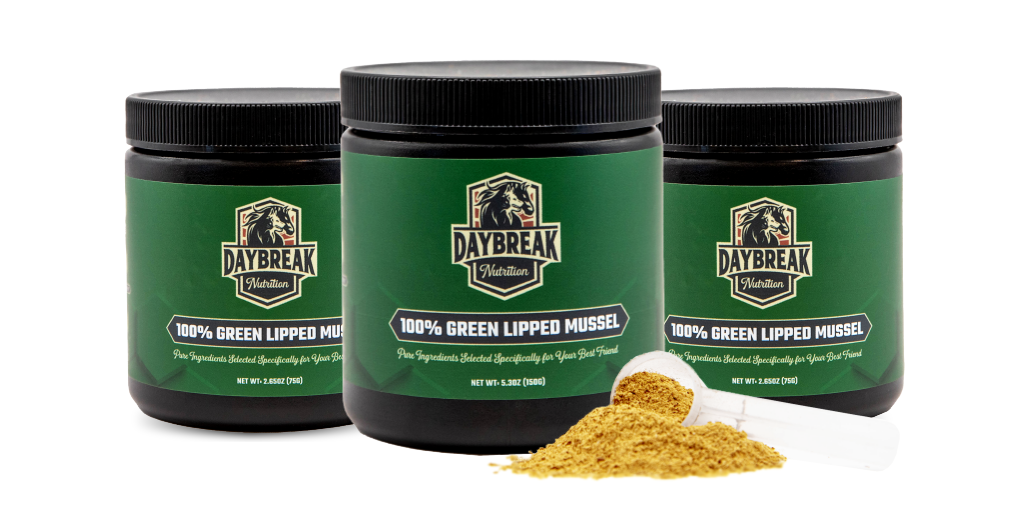Irritable Bowel Syndrome (IBS) in cats is a gastrointestinal condition that can lead to chronic digestive issues, including diarrhea, vomiting, and abdominal discomfort.
While the exact cause of IBS in cats is often unclear, it can be linked to various factors such as stress, dietary sensitivities, and inflammation in the gastrointestinal tract.
Managing IBS in cats is crucial for their comfort and overall health.
In this post, we are going to explore five effective ways to ease cat IBS, starting with what cat IBS is.
What Is Cat IBS?
Cat IBS is a functional gastrointestinal disorder characterized by abnormal bowel movements and discomfort. Symptoms may include:
- Frequent diarrhea or soft stools
- Vomiting
- Abdominal pain or bloating
- Changes in appetite
While IBS is not life-threatening, it can significantly affect a cat’s quality of life.
Identifying triggers and implementing supportive care can help manage the condition effectively.
5 Ways to Ease Cat IBS
1. Green-Lipped Mussels
Green-lipped mussels are a natural source of omega-3 fatty acids and other beneficial compounds that can help reduce inflammation in the gastrointestinal tract.
They also contain glycosaminoglycans, which may support gut health and improve the integrity of the intestinal lining.
Regular use can help soothe the digestive system and promote overall gut health in cats with IBS.
Out of all the green-lipped mussels my pets have tried, Daybreak Nutrition’s Green Lipped Mussels are the household favorite.
Daybreak’s Green Lipped Mussel Powder is an excellent choice for managing cat IBS due to its powerful anti-inflammatory properties and rich nutrient profile.
Sourced from the pristine waters of New Zealand, this premium supplement supports gastrointestinal health while promoting joint and muscle wellness.
Its natural ingredients help reduce inflammation in the digestive tract, making it beneficial for cats suffering from IBS symptoms.
Simply follow the directions on the back and you’re good to go!
2. Dietary Adjustments
Diet plays a significant role in managing IBS symptoms.
Identifying and eliminating potential allergens or irritants from your cat’s diet can help alleviate digestive issues.
Choose a high-quality, easily digestible diet specifically formulated for cats with sensitive stomachs.
Look for limited-ingredient diets or hypoallergenic options, and consider consulting your veterinarian to determine the best dietary plan for your cat.
3. Probiotics
Probiotics are beneficial bacteria that can help restore balance to your cat’s gut microbiome, promoting healthy digestion and reducing inflammation.
Incorporate a probiotic supplement designed for cats into their diet.
Consult your veterinarian for specific product recommendations and dosage instructions to ensure your cat receives the appropriate strains for digestive support.
4. Stress Management
Stress is a common trigger for IBS in cats.
Reducing stress in your cat’s environment can help alleviate symptoms and improve their overall well-being.
Create a calm and secure environment for your cat by providing cozy resting spots and minimizing loud noises or disruptions.
Engage in interactive play and provide enrichment activities to keep your cat mentally stimulated and relaxed.
5. Regular Veterinary Check-ups
Regular veterinary visits are crucial for managing IBS effectively.
Your veterinarian can assess your cat’s condition, rule out underlying health issues, and recommend tailored treatments.
Schedule routine check-ups to monitor your cat’s health and discuss any changes in symptoms or behavior.
Your veterinarian may suggest diagnostic tests, dietary changes, or medications to help manage IBS and improve your cat’s quality of life.
Ease Cat IBS
Easing cat IBS involves a comprehensive approach that includes dietary adjustments, stress management, and regular veterinary care.
By incorporating green-lipped mussels, making informed dietary choices, adding probiotics, managing stress, and keeping up with veterinary check-ups, you can significantly improve your cat’s digestive health and overall well-being.
If your cat shows persistent symptoms of IBS, consult your veterinarian for tailored advice and treatment options.
With the right care, you can help your feline friend live a comfortable and happy life.
Thank you for reading!

